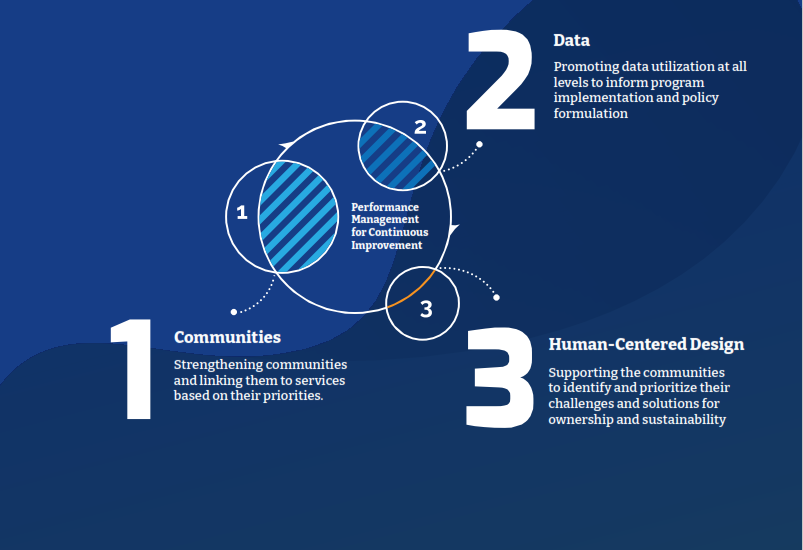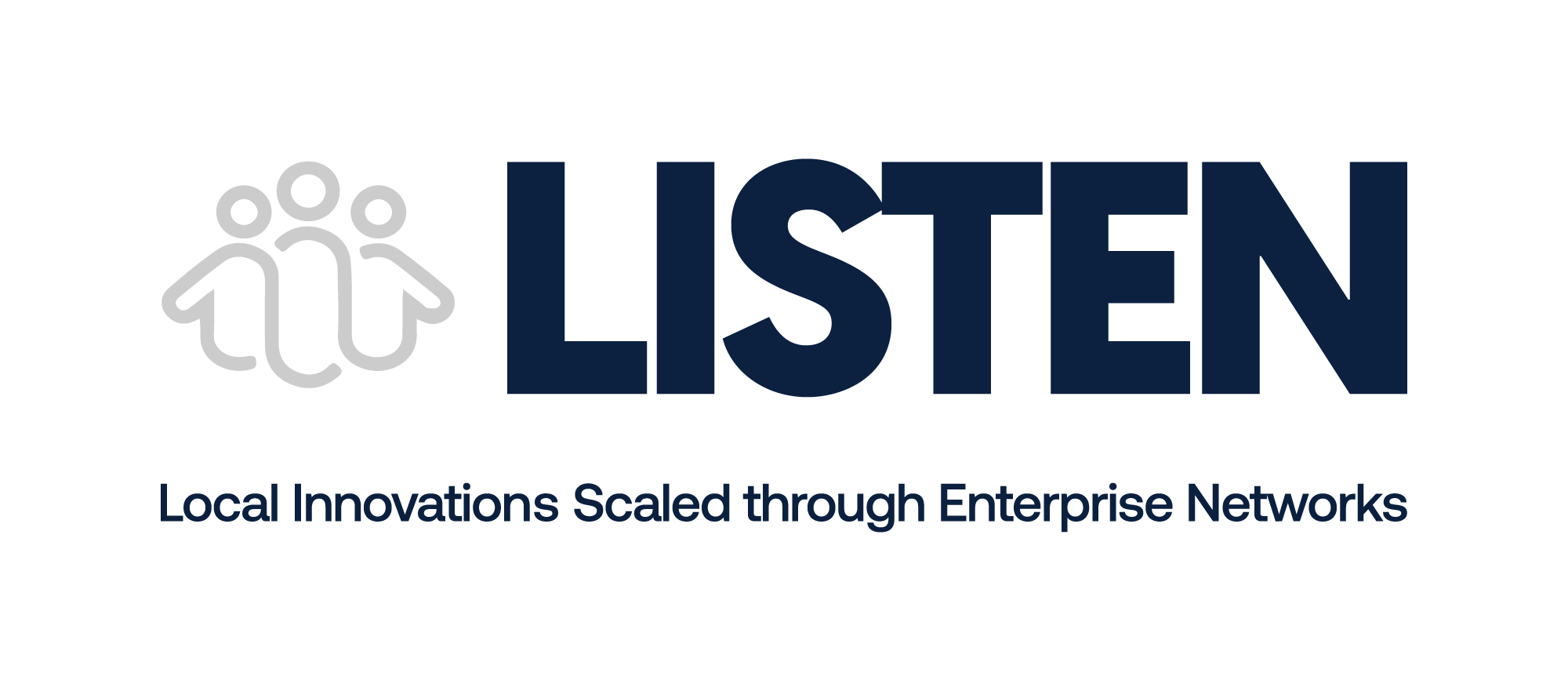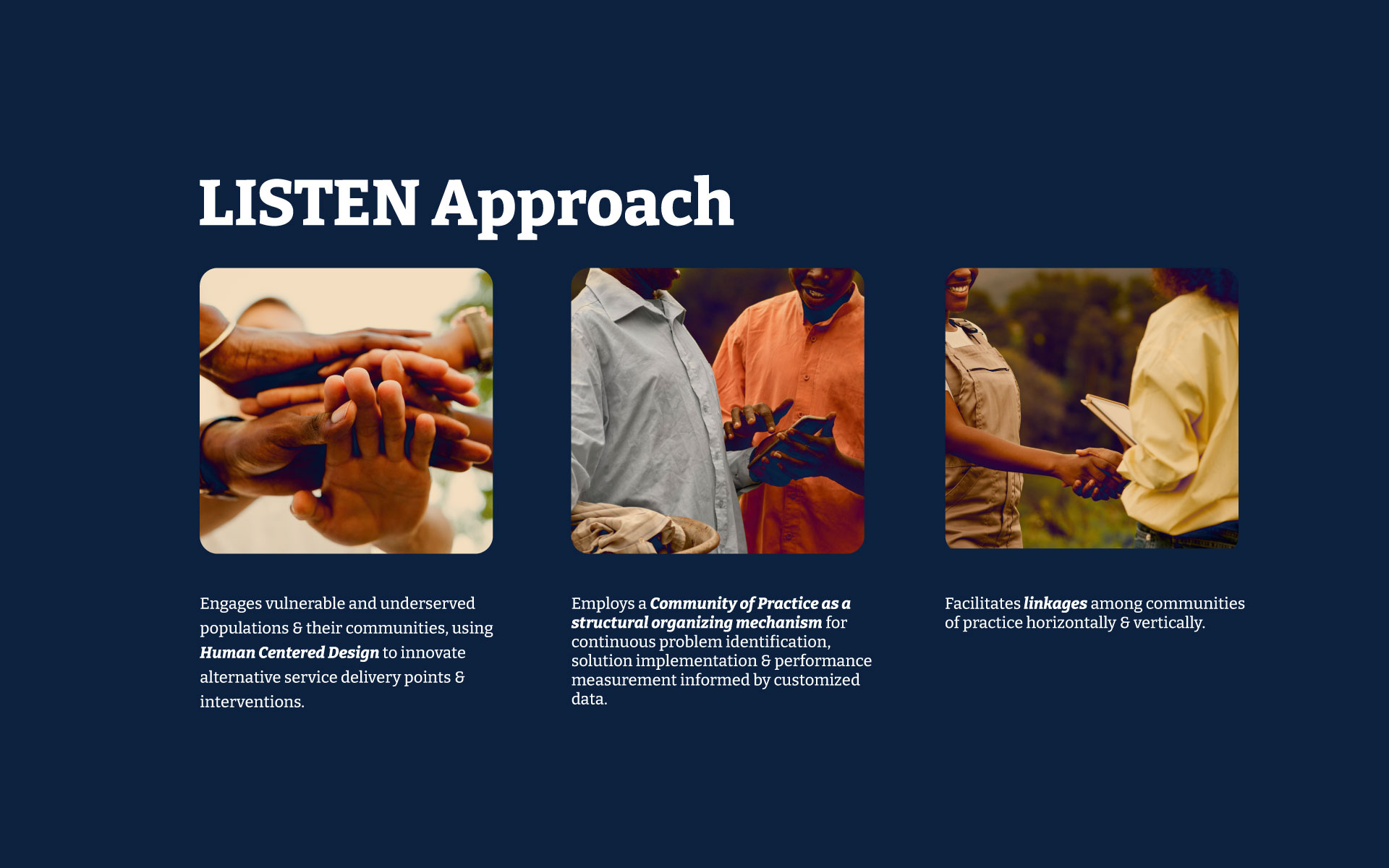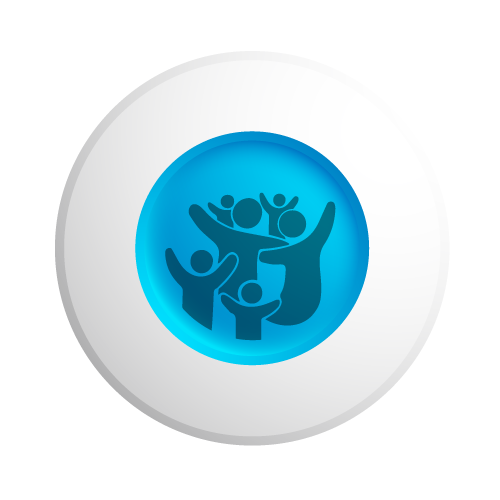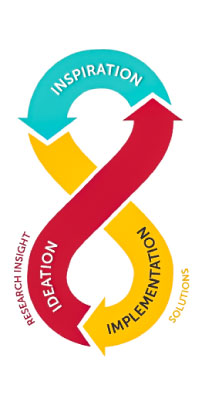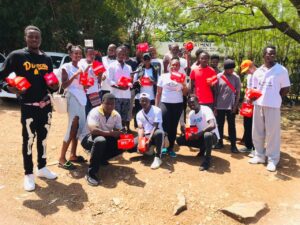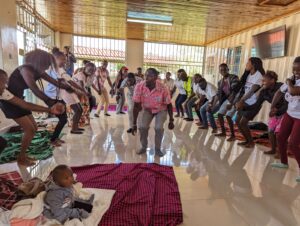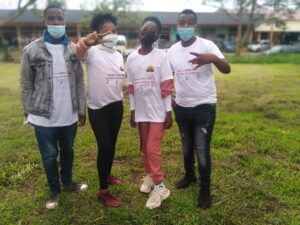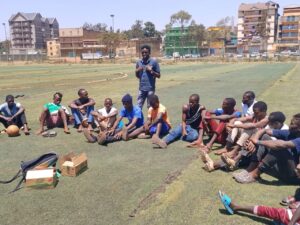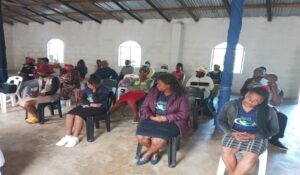The Local Innovations Scaled through Enterprise Networks (LISTEN) process integrates the voice of the community in the design and testing of solutions to reach at-risk populations that are currently not being reached with conventional strategies, expanding engagement at the community level, and supporting linkages to the formal health system and to decision-makers throughout the system up to sub-national and national political leaders.
The LISTEN process employs human-centered design (HCD) methods to engage members of high-risk, low-service engagement target populations to identify alternative ways to successfully engage them with HIV prevention services. The LISTEN process supports a sustainable approach to closing service provision gaps by engaging groups and organizations already engaged in the lives of the target segments, supporting them to adopt and employ a Community of Practice process for continuous improvement in achieving their purpose, while identifying how to embed HIV prevention engagement in the process as well.
The primary pillars of LISTEN are: 1) communities of practice that are linked horizontally and vertically; 2) data and metrics of impact that are relevant to each community of practice; 3) human-centered design that acts as the glue for the process.
